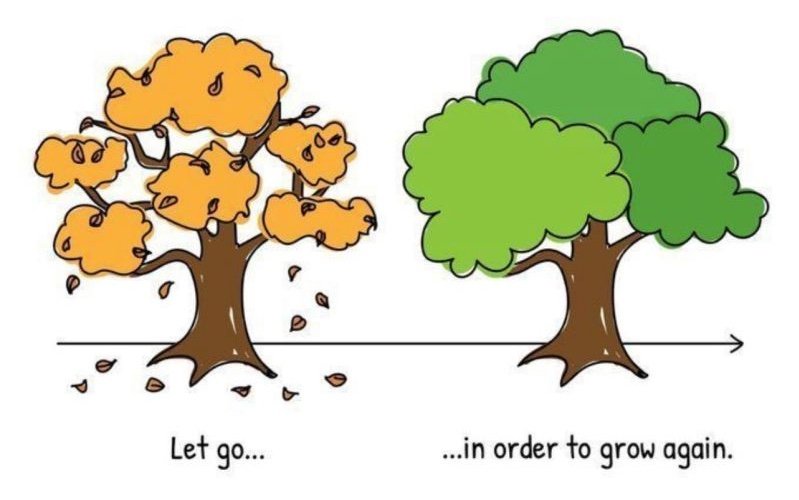As we move through life, our relationship with time and resources shifts. Youth often gives us an abundance of time with limited financial means. Later in life, we tend to accumulate more capital, yet the time available to enjoy it becomes more restricted. This makes intentional living more important.
How seriously do you take your appearance and the impression you create?
Do you have a clear plan for your personal and professional growth?
Have you built a kindness practice that shapes how you show up for others and for yourself?
In your daily actions, how do you demonstrate excellence?
These questions help anchor our choices and ensure that the way we live aligns with what we value most. If this feels familiar, contact with me via this link to schedule a complimentary 30-minute discovery call.





















